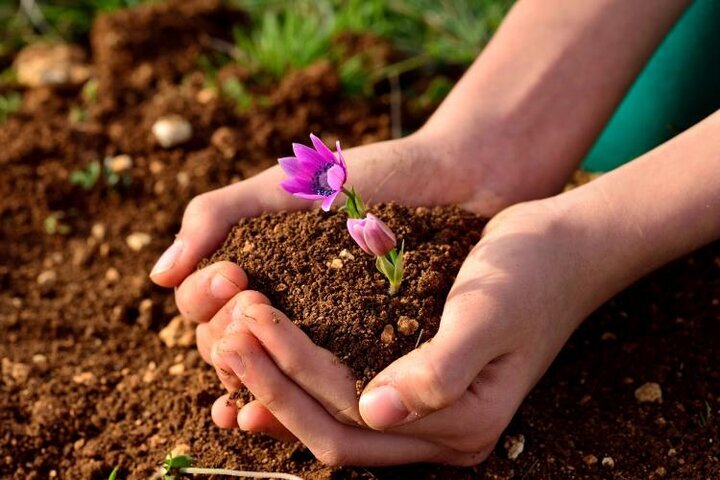Iran plans to enhance technical cooperation with GSP

TEHRAN – Iran has the necessary planning and coordination on the agenda to improve the quantity and quality of technical cooperation with the Global Soil Partnership (GSP), Fariborz Abbasi, the deputy agriculture minister for water and soil, has said.
He made the remarks at the 10th Plenary Assembly of the Global Soil Partnership (GSP) held online on May 23-25.
Since its inception a decade ago, the event has worked to raise global and local awareness of the importance of sustainable soil management and guide policies to tackle issues ranging from erosion, salinization, and pollution to biodiversity conservation, carbon sequestration, and nutrient imbalances.
In his speech, Abbasi referred to the experiences and achievements that have been gained in Iran in recent years in cooperation with the GSP.
Communicating the instructions for requiring soil science studies as one of the requirements for implementing the new irrigation systems plan, approving and notifying the soil law, establishing an office for agricultural soil affairs, forming a technical and national soil committee to cooperate with GSP, and paying attention to capacity building and promoting soil protection culture, were among the mentioned achievements.
The World Summit is hosted by the GSP Secretariat at FAO headquarters in Rome, Italy, which was attended by 300 participants from member states.
Soil importance
This natural resource hosts over 25 percent of biodiversity and about 90 percent of living organisms spend part of their life cycle in the soil; it also plays an important role in supporting animal biodiversity above ground, including wildlife and domesticated livestock.
The United Nations Development Program has put the total amount of global soil erosion at 24 billion tons, one-twelfth of which occurs in Iran.
The most widely recognized function of the soil is its support for food production. It is estimated that 95% of our food is directly or indirectly produced in the soil. Healthy soil supplies the essential nutrients, water, and oxygen that our food-producing plants need to grow and flourish.
Soil is also crucial for ensuring the continued growth and maintenance of natural and managed vegetation, including diverse forests and grasslands and the huge breadth of species and varieties that are cultivated or managed for their food, feed, fuel, fiber, and medicinal products.
Soil erosion 8 times above global average
According to the latest statistics, Iran loses 2 billion tons of soil annually, according to the 2018 report of the United Nations Development Program, the total amount of global soil erosion is 24 billion tons, so one-twelfth of all global soil erosion occurs in Iran.
This is while, Iran has about one percent of the world's land area, which means that its erosion rate is eight times higher than the global average, so Iran is suffering from severe degradation and soil erosion.
To understand the importance of soil protection, it should be said that it takes an average of 400 years to form a centimeter of soil on the planet.
In Iran, due to the severe erosion, it takes an estimated 800 years to produce a centimeter of soil, so the attention of the people and the government should be on average twice the global average.
Each ton of soil is valued at $28 in terms of metal ores, so the loss of two billion tons of soil annually means the annual loss of $56 billion, which is more than revenues from the sale of oil and agricultural products, gardens, livestock, poultry, and fisheries.
FB/MG
Leave a Comment